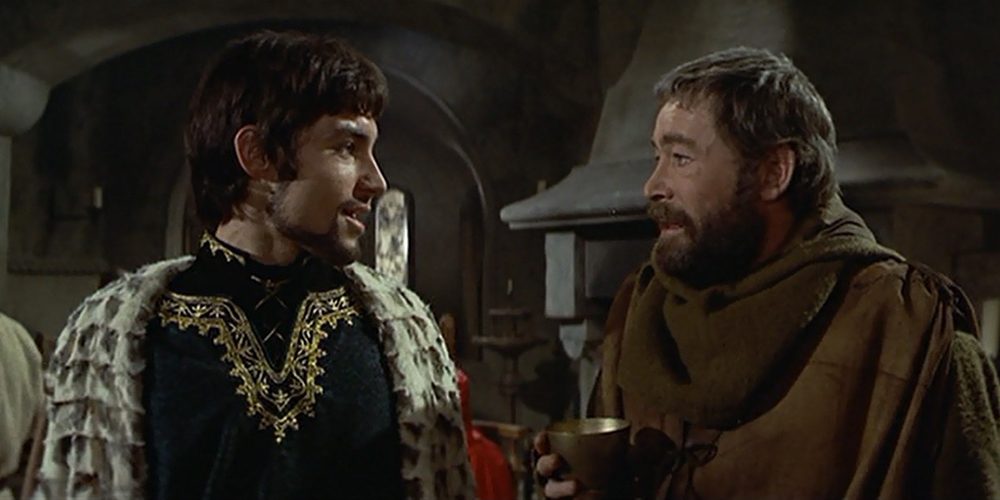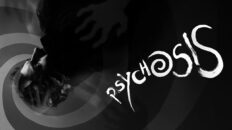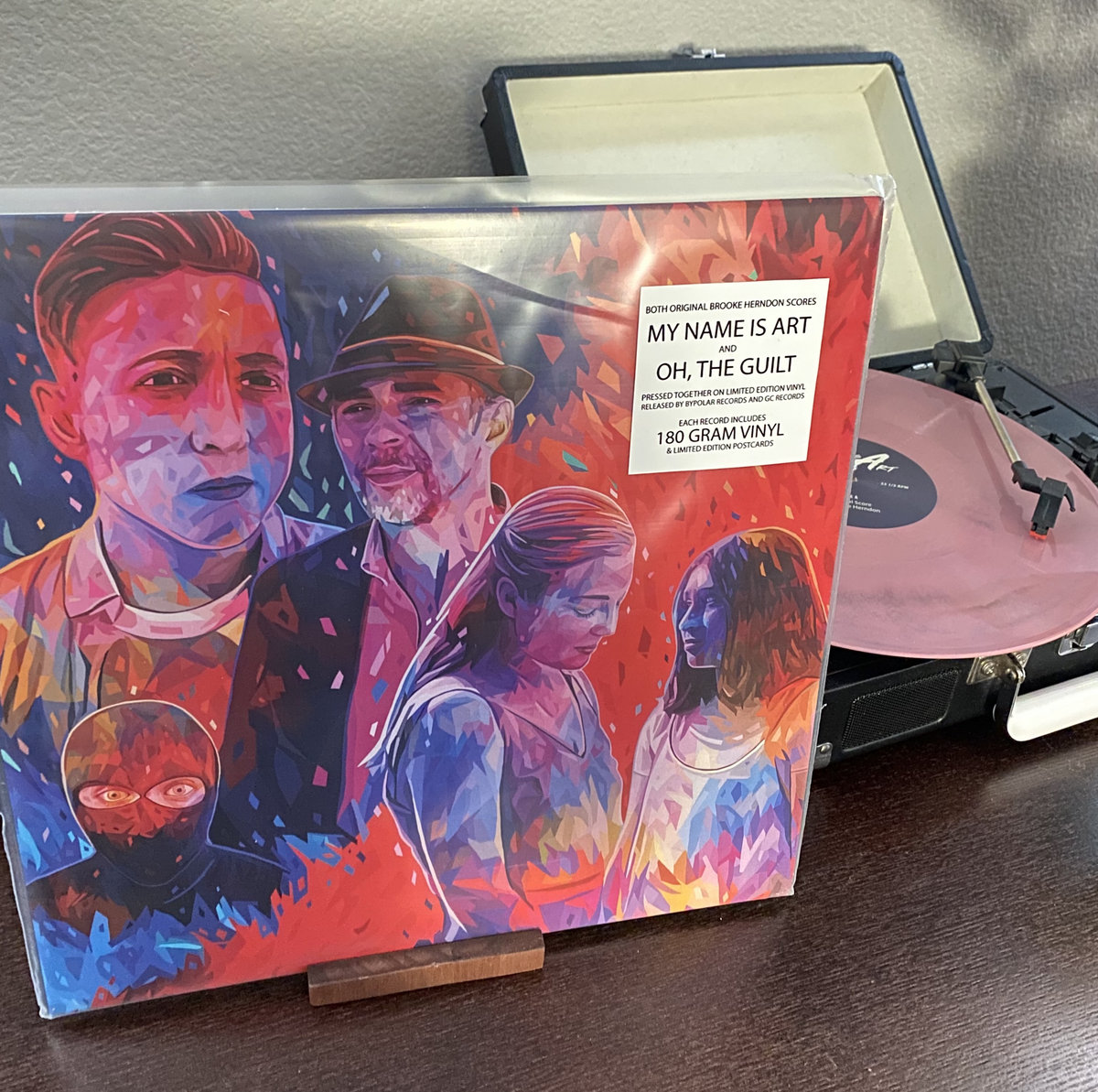The first shot of the film, following the opening credits which are projected over Medieval Saxon sculptures and underscored by John Barry’s fittingly grandiose music, is two swords being crossed. This is immediately followed by Henry II (Peter O’Toole) shouting a challenge to his son John, (Nigel Terry) which could easily be interpreted as a sexual double entendre. That opening shot and line perfectly capture what The Lion in Winter is about: power and sex, and the unethical, domineering attempts of all the characters to accrue both.
Following this playful skirmish, Henry proceeds to wax poetic about the breadth and strength of his kingdom, which he refuses to divide, and therefore, he must choose one of his sons to succeed him. He has settled on John, his favorite, and is thus training him for that role. However, John is clearly the least qualified of Henry’s three surviving sons, with the powerful Richard (Anthony Hopkins in his film debut) and the cunning Geoffrey (John Castle) both determined that they will succeed their father as king of England. Since, in the film, sexual conquests are analogous to land and power conquests, it is a fitting irony that Henry’s challenge to the sniveling John could also be said to a man struggling with impotence.

Henry’s joviality in that opening scene almost immediately sours once Alais, (Jane Merrow) Henry’s mistress and fiancé of the future king, inquires what he will do about the queen: Eleanor of Aquitaine, (Katharine Hepburn) who will be making her biannual court appearance for Christmas. At this point, the conflict has been set before we even meet Eleanor. Henry will champion John to be king of England, and she Richard.
That this conflict takes place during the Christmas festivities only underscores the contrast between narcissism of the king and queen and the peace and goodwill normally associated with the season. There’s also the contrast of God sending his son to be a savior, and Henry and Eleanor using their sons to extend their superiority over the other.
As soon as we meet Eleanor, it is clear that she is the only person who can equal Henry’s ruthlessness and cunning, and she takes the same thrill that he does in their games of political scheming. Richard has inherited his parents’ ability to dominate, and Geoffrey their shrewdness, but both of them are novices compared to Henry and Eleanor. Peter O’Toole and Katharine Hepburn turn in arguably the best performances of their entire careers, and they deliver James Goldman’s dialogue with relish and zeal.
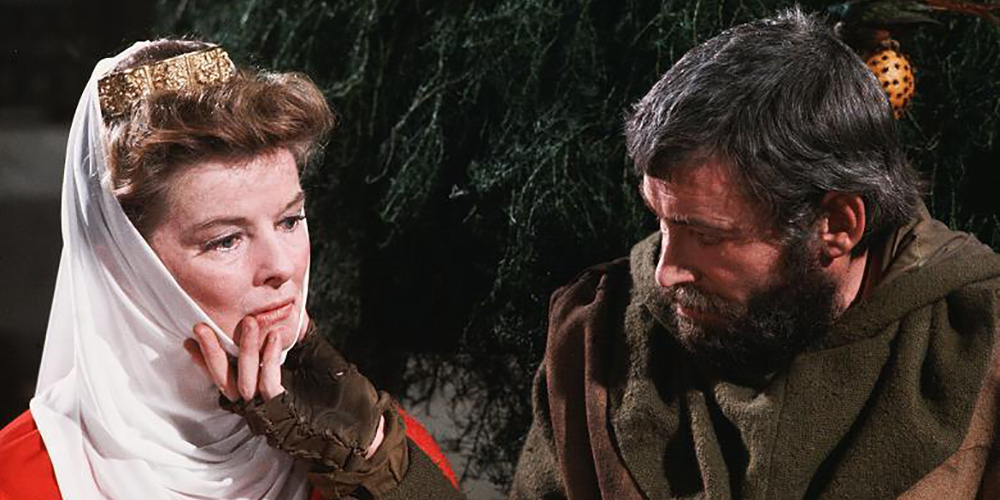
THE LION IN WINTER — Source: Kino Lorber
In almost every mythology, there is at least one tale of fights between the gods resulting in widespread human destruction. Both Henry and Eleanor view themselves as some sort of supremely powerful figures, with Henry going so far to proclaim his superiority over the pope. As would be expected, their fights adversely affect the less powerful people around them. Their three sons have grown to tolerance and contempt for one another under their parents’ favoritism and manipulation, and the two French guests visiting the English court for Christmas quickly learn they must play along.
The royal family is so well-versed in their manipulative games that none of them flinch at each other’s barbs. It is the outsiders who most strongly feel the sting and cruelty. The first person to be shocked and hurt by the arguing and scheming is Alais who loves Henry, but is distraught that she can talk to him about people, and he can answer in provinces. His retort is that he gets them confused.
By the end of the film, Alais is beginning to share that confusion and to make her own plots for political power. The other outsider to the English court is King Philip II of France (Timothy Dalton), who is initially affronted by Henry’s belittling of him, but quickly learns that when Henry bellows, he should bellow back. The scene where Philip carefully hides his trumps, revealing them at the most opportune moments, is staged with staggering precision and drama.
Throughout the entire film, the level of drama is almost off the charts. All the actors are completely invested in their roles and give astonishing performances. The stagey, theatrical nature of Goldman’s original play is present throughout, and it works brilliantly to highlight the tension of his script. Director Anthony Harvey’s camera work is unobtrusive, and there are several scenes where he times the cuts to match the dialogue perfectly—quick cuts for aggressive retorts and long takes for monologues.
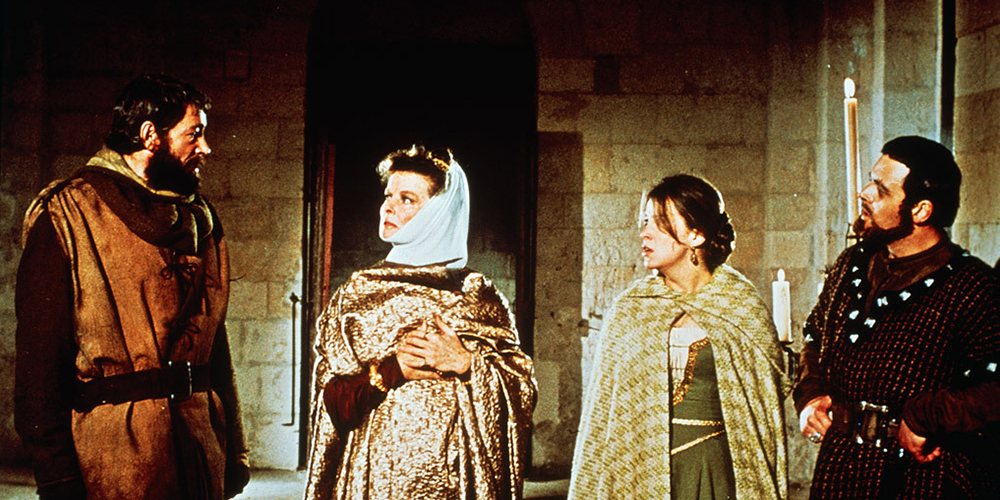
THE LION IN WINTER — Source: Kino Lorber
John Barry’s score brilliantly reflects the drama as well. The first cue is the king’s theme, which has a two-note ostinato (repeated bass line) as its harmonic underpinning to indicate Henry’s tenacity, and the cue opens with brass fanfares to suggest his royal power. The second cue is for the queen, and it is a stark contrast in tone to the music that precedes it, marked by lyrical string passages. Despite Henry and Eleanor approaching one another from geographical and emotional distances, both of them will hugely influence one another and everyone else over the course of the film, and as they do, the music draws on elements from both of those opening themes.
While not historical, The Lion in Winter makes use of historical facts to intensify the discord between Henry and Eleanor. The real Henry II did have countless mistresses and many illegitimate children, and the film’s monologues use that as a springboard for his sexual conquests to include “contessas, milkmaids, courtesans and novices, whores, gypsies, jades, and little boys,” and according to Eleanor, sheep. Eleanor did accompany her first husband Louis VII of France on the Second Crusade, and the film escalates that episode to her dressing her “maids as Amazons” and riding “bare-breasted halfway to Damascus. Louis had a seizure and [she] damn near died of windburn…but the troops were dazzled.”
Basing itself on historical characters and anecdotes, the film maintains that level of intensity as it portrays a vicious family feud over a quest for power, intensified by the holidays. As Eleanor says to her sons, “Such, my angels, is the role of sex in history.”


